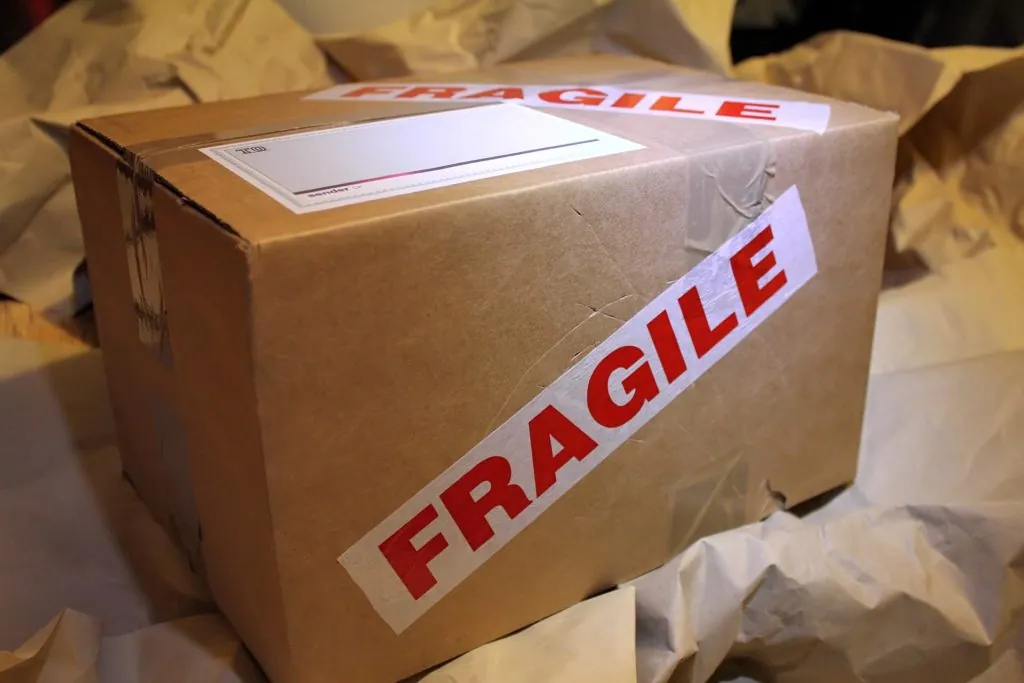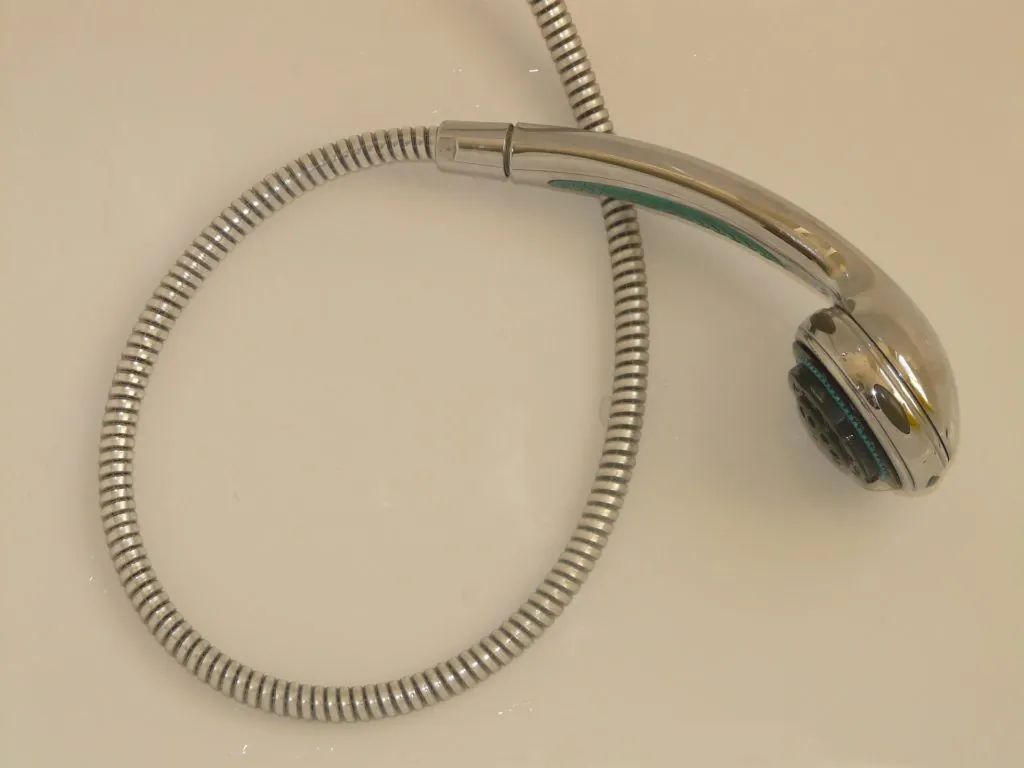Sweating the small stuff

Simplify your routine with these 3 questions
“Great things are not done by impulse, but by a series of small things brought together.”
Vincent van Gogh
Have you ever considered the grueling job of a package delivering UPS worker? I hadn’t. Not until I read about UPS Bootcamp, an intense training that newly hired delivery workers complete before they set foot in their big brown trucks. From turning on the ignition while clicking their seat belt, to the best way to load their trucks, UPS drivers are trained from day 1 to sweat the small stuff.
Granted, UPS created its Bootcamp to drive profits, but it shows me how small changes can add up to big improvements over time. We may not need to strategize how to get in and out of our cars, but we can look at our basic caregiving tasks. We can analyze any repetitive tasks we do, just like UPS. And maybe question our routines.
Let me show you what I mean.
Lightbulb moment
4 years ago, Mike and I had a plumbing problem that required gutting our kids’ bathroom. Prior to our unplanned renovation, the kids had a standard bathtub/shower combination.
Back then, we used a big plastic cup to manually rinse the shampoo and soap from our teenage son Jack’s hair and body. He will never be able to shower independently, so we must bathe him each day.
It was the same plastic cup method we used when our kids were babies. Back then, it worked well. After all, babies don’t have much hair or surface area, so each cupful of water went a long way. Quicker than you can say “rubber ducky,” bath time was over.
Time marched on. Jack grew to my size and bathing him felt like I was wrestling a porpoise–a porpoise who hated having shampoo stream down his face. Rinsing him was tedious for us all, yet Mike and I soldiered on. We were used to bathing him that way.
But then our clever plumber suggested we install a second, easily accessible handheld shower head in the tub, in addition to the main one my other child used. Suddenly, with one flick of the lever we controlled a continuous spray of water and could bathe Jack comfortably from the side of the tub. When we flicked the lever back, the water came out of the faucet again. No cup needed.
Can I tell you how life changing that small modification has been? It easily saves us 5 minutes on his daily bath. That may not seem like much to you, but to us the payoffs in time and mental energy are huge. Now bath time seems less daunting.
Photo by Hans on Pixabay
Is what you’re doing working for you?
Before you mix up your caregiving routines, it’s important to notice what you are doing right now and ask yourself these 3 easy questions to see if what you do now still makes sense. Don’t be like us and hold on to an inefficient solution years after it stops working!
- Why am I doing this task?
Let’s use the Jack bath example. He needs to be cleaned daily for his hygiene and comfort. His skin is very sensitive and he’d get a rash if we skipped a day. So I have answered the first question. Yes, I have to do it.
For 10 years, that’s where my questioning stopped. But I’m only part way there. I’ve only answered my “why” question. I must probe further with the second question, which addresses the “how.”
- How can I do this task (Is there a better/quicker/easier way to do it)?
That’s where the second shower nozzle came in. I saved time and energy (no more repetitive hunching over to refill the cup, so it’s easier on my body and the continuous water spray while rinsing saves me time).
But don’t stop there—address your “when.” So I ask the third question:
- When should I do this task?
We are socialized to do things at certain times each day. I never considered this fact until Jack came along. Most people bathe either first thing in the morning or at the end of the day (or both!). Unfortunately, by these times of the day I am exhausted. The thought of wrangling my son into the tub at either of these times is too overwhelming to consider. So I don’t. I bathe him in the afternoon, right when he comes home from school. The benefits for me are the following: I wash off all of the school grime he’s acquired during the day while I still have energy. And it’s one less task I must do to get him ready for bed at night. For me, it works.
That’s my point. Find what works for you.
The 3 simple questions Why/How/When give me some control over the day. I can’t always stop doing a caregiving activity. But I can choose how I do it. And when.
It’s your turn
Look around your own house. Is there some small trick that might make your life easier? Remember to ask yourself those 3 questions:
- Why am I doing this?
- How can I do this?/Is there a better way?
- When is the best time?
And don’t be afraid to experiment! Who knows? Maybe you don’t need to do everything you do just because you’ve always done it that way. And use the time and energy you’ve saved to do something kind for yourself. You’ve earned it!
Of course there are times we must react (such as medical emergencies), but let’s control what we can. And never stop asking how we can improve our unique situations.
You may feel you have no time to stop and think, let alone to ask yourself if what you do is working. But I encourage you to try. Making small changes can dramatically improve your quality of life. Sweating the small stuff creates room for the big stuff to flourish. After all, it worked for UPS.
Yet it is far better to light the candle than to curse the darkness.
William L. Watkinson

